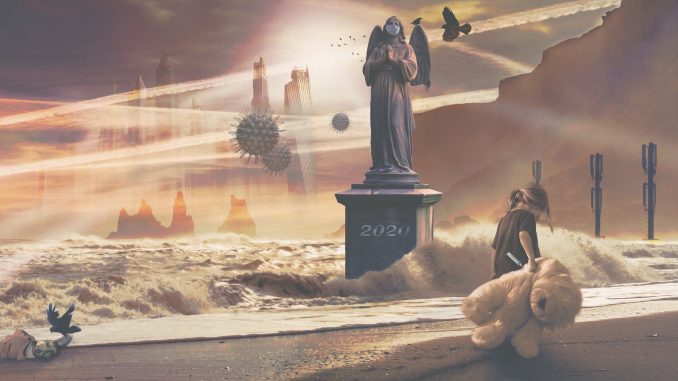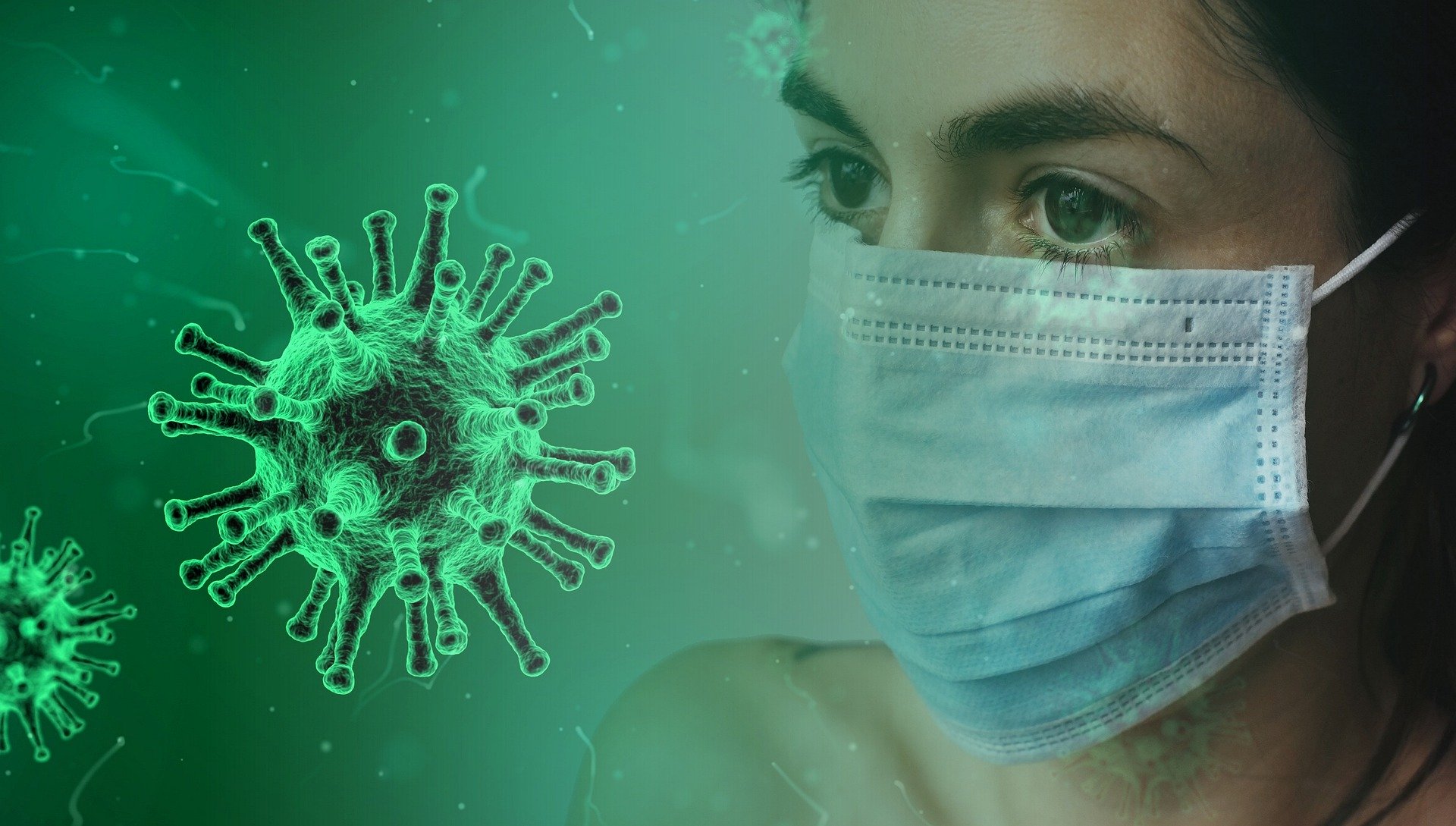
Vi kommer under den kommande veckan ha temat om hur Coronapandemin påverkar romer. Först ut är Michael Smith.
Often the impacts are blamed on the virus but it is not the virus that is the problem. but the actions, often disproportionate, of the authorities.
The virus did not blockade entire Romani settlements in places such as Bulgaria, Romania, Slovakia and the Czech Republic, in many cases with police and military, but it was the actions of government that did. In many cases no one was allowed in or out and considering that in many locations the people have to leave their settlements in order to obtain water this was almost impossible for many households there.
It also has to be considered that the authorities, at least in the beginning, conducted tests only in the Roma settlements on a large scale while in other areas they did little to nothing. No surprise then that there were always positive cases in settlements in the comparison to the remainder of the country thus, with the stroke of the pen, so to speak, painting the Roma as disease carriers once again. Were we not blamed for carrying the Plague in the Middle Ages (and all manner of other diseases)? This despite the fact that, in those days at least, we had a much greater cleanliness standard than those of the general population.
Because of the impression given the general population, in a number of places, were ranting against the Roma as carriers and spreaders of the Covid-19 virus as well, much in the same way and with a similar rhetoric as was done in the Middle Ages.
Now the Slovak Govt Roma Plenipotentiary says Romani community rates of COVID-19 infection the same as majority-society rates but nevertheless initially it was made out to be higher than anywhere else and thus the Roma, especially those in the settlements, were painted as carriers and spreaders of the disease, and this mental picture will remain, at least for quite some time, in the minds of the Gadje, the non-Roma population of Slovakia, as well as the other countries.
The closure of schools also has a serious impact on the Roma children in that they, unlike their non-Roma peers, did not have access to “distant learning” lacking the basic tools to do so. Rarely will a computer of any sort, with the exception of smartphones (on prepay more often than not and thus with very limited or no data access), be found in the homes and shacks in those settlements. There just is no money there for such luxuries.
In a number of locations Roma parents were also threatened – though whether this threat has ever been acted upon it cannot be ascertained – to have their children taken by the state to be sent to state facilities if a household should be infected with the virus and not be able to go into full quarantine (impossible really in those settlements).
Many of the Traveller sites (sort of settlements, if you want) in the UK decided to take the bull by the horn and declare the entire site (settlement) as one household, banning people from entering as well.
In addition and to top it all, so to speak, the actions of the authorities “in the field”, police and military, was highly disproportionate, especially considering that it included the beating of fairly young Chave even with police batons for simply being outside.
It would appear that the pandemic has been and is being used by many, individual, groups and those “in authority”, to stir even more hatred than there is already against the Rom in the majority population, by making it appear as if a threat for the health of the nation is emanating from the Roma and their settlements.
Those physical scars on the Chave will heal, and may have healed already, but whether the emotional and psychological ones will ever heal is another question. Also for the adults there is an emotional and psychological strain and that too may remain for some time.
Michael Smith
Tatchipen Media
redaktionen@dikko.nu



